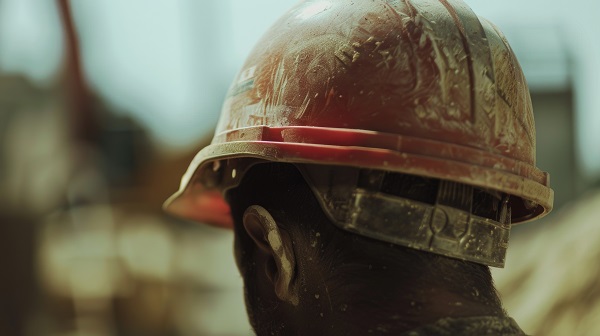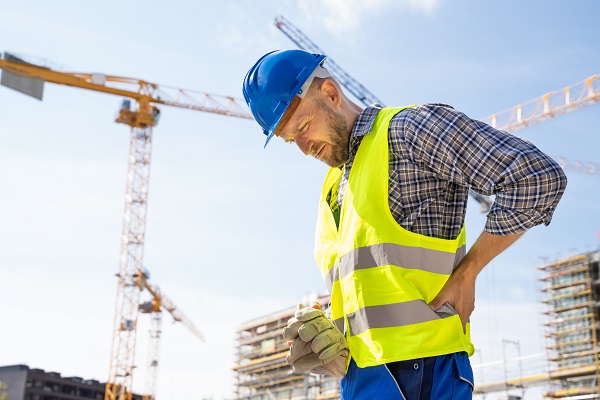Construction Workers Are Prone To Traumatic Brain Injuries

Traumatic brain injuries (TBIs) impair brain function and can be classified as mild, moderate, or severe. Mild TBIs, or concussions, may manifest as headaches, nausea, speech issues, and sensitivity to stimuli. Moderate to severe TBIs could lead to extended unconsciousness, severe headaches, confusion, seizures, and even coma. These injuries often occur in construction accidents.
According to the Centers for Disease Control and Prevention (CDC), TBIs cause 176 American deaths daily, with 64,000 fatalities in 2020. Between 2003-2010, the construction industry saw over 2,000 TBI deaths. This made up a quarter of construction fatalities and 24% of all occupational TBI deaths, according to NICOSH research.
What are the leading risks of brain injuries in construction?
In the construction industry, workers face heightened TBI risks due to falls from ladders, scaffolds, and roofs. Impacts with falling objects are also a leading cause of construction TBIs. A study from Injury Prevention in 2015 revealed that employees at smaller construction companies (with less than 20 workers) are 2.5 times more likely to experience fatal TBIs than those at larger firms. Workers in steel, structural iron, and roofing are especially at risk.
How can head injuries in construction be prevented?
Mitigating TBIs on construction sites requires rigorous safety protocols, conducting risk evaluations, and offering comprehensive training. Employers are required to ensure a safe working environment under Occupational Safety and Health Administration (OSHA) standards.
For example, hard hats serve as a fundamental defense against head injuries and help protect against other numerous hazards. Neglecting to wear or using damaged hard hats increases injury risks. Employers must supply appropriate safety equipment and enforce the installation of guardrails and safety nets to minimize fall hazards.
NIOSH, OSHA, and The Center for Construction Research and Training (CPWR) have collaboratively initiated a fall prevention campaign. This initiative aims to enhance safety for workers on roofs, ladders, and scaffolds. The campaign highlights the importance of using safety harnesses, guardrails, lifelines, and the rigorous inspection of fall protection equipment.
This initiative stresses choosing the right ladder, maintaining three points of contact, ensuring the ladder is secure, and always facing the ladder during use. Scaffold recommendations focus on using fully planked scaffolds, proper access, ensuring scaffolds are plumb and level, completing all guardrails, securing stable footing, and conducting thorough inspections before use.
What should I do after sustaining a TBI on the job?
After sustaining a TBI on a construction site, it’s crucial to get immediate medical attention and report the incident to your employer. No matter how minor or severe your TBI is, you may qualify for workers’ compensation benefits to cover medical expenses, lost wages, and disability. The Law Offices of Deborah G. Kohl is committed to helping injured workers get the benefits they deserve while they recover. We understand how complex filing a workers’ compensation claim is, and we’re here to help you every step of the way.
We can ensure that your paperwork is properly filled out and filed. We’ll also advise you on the best practices for building a strong workers’ compensation claim and advocate for fair compensation on your behalf. Our law firm serves injured workers and their families across Massachusetts and Rhode Island. To learn how we can help you, contact us online or call us for a free consultation.

